I think we've all used potato flour at one point or another in our cooking life. Whether for baking bread, thickening sauces, or binding meatballs, you just can't go wrong with this spuddy flour. But what happens when you don't have enough to use, none at the supermarket, or have an allergy to it?
There are plenty of substitutes for potato flour that you can use in your cooking and baking, and in this article, I'll introduce you to some of the best.
But before we get into any of that, let's take a closer look at what potato flour is and its uses. We'll also discuss the similarities and differences between potato flour and potato starch, to see how they compare.
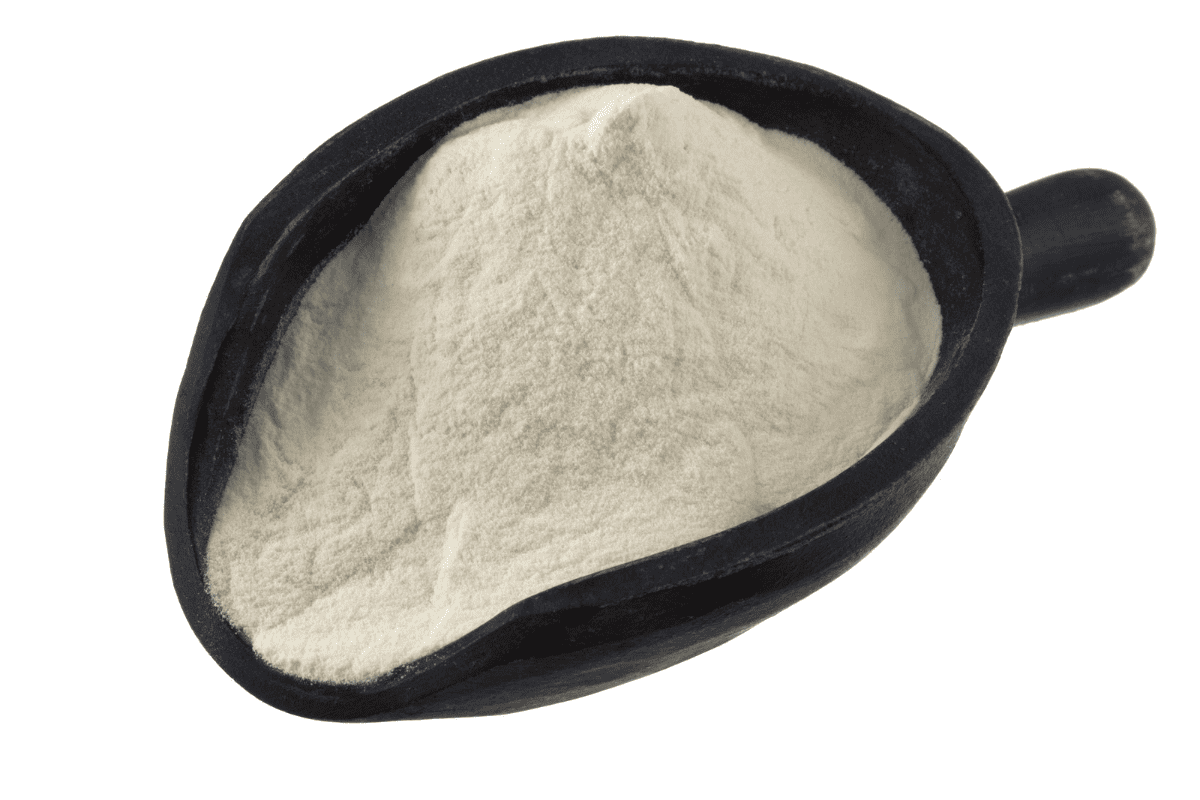
🤔 What is Potato Flour?
Potato flour is a fine white powder made from cooked, dried, and ground potatoes and used as a thickener in varying recipes. It serves as a gluten-free substitute for wheat flour and is preferred by many health-conscious individuals, especially those on a paleo diet.
Its gluten-freeness isn't the only reason it's enjoyed by the health-conscious folk, as it's also relatively low in calories. It's low in fat and calories and rich in resistant starch, which has been associated with several health benefits such as vitamin C, magnesium, protein, iron, and zinc.
🥣 What is it Used For?
Baked Goods
It can enhance the texture of baked goods, producing a moist and tender crumb in cakes, muffins, and bread. It can also be combined with other flours to create unique and flavorful treats.
Soups and Sauces
It’s also been a popular thickener for soups, stews, and sauces, creating smooth and velvety textures without really altering the taste of the dish. Its neutral flavor and non-clumping consistency also make it a reliable choice for enhancing the texture of these dishes, nicely thickening them.
Coating
Its fine texture and high starch content mean it can create a crispy and golden crust that's perfect for chicken, fish, and vegetables. It can even be used on its own or combined with other ingredients to create a more rich and flavorful coating.
Binding Agent
This flour is a reliable binding agent in vegan and vegetarian recipes and can even hold meatballs and burgers together. Its high starch content and neutral flavor can even make it a great substitute for eggs.
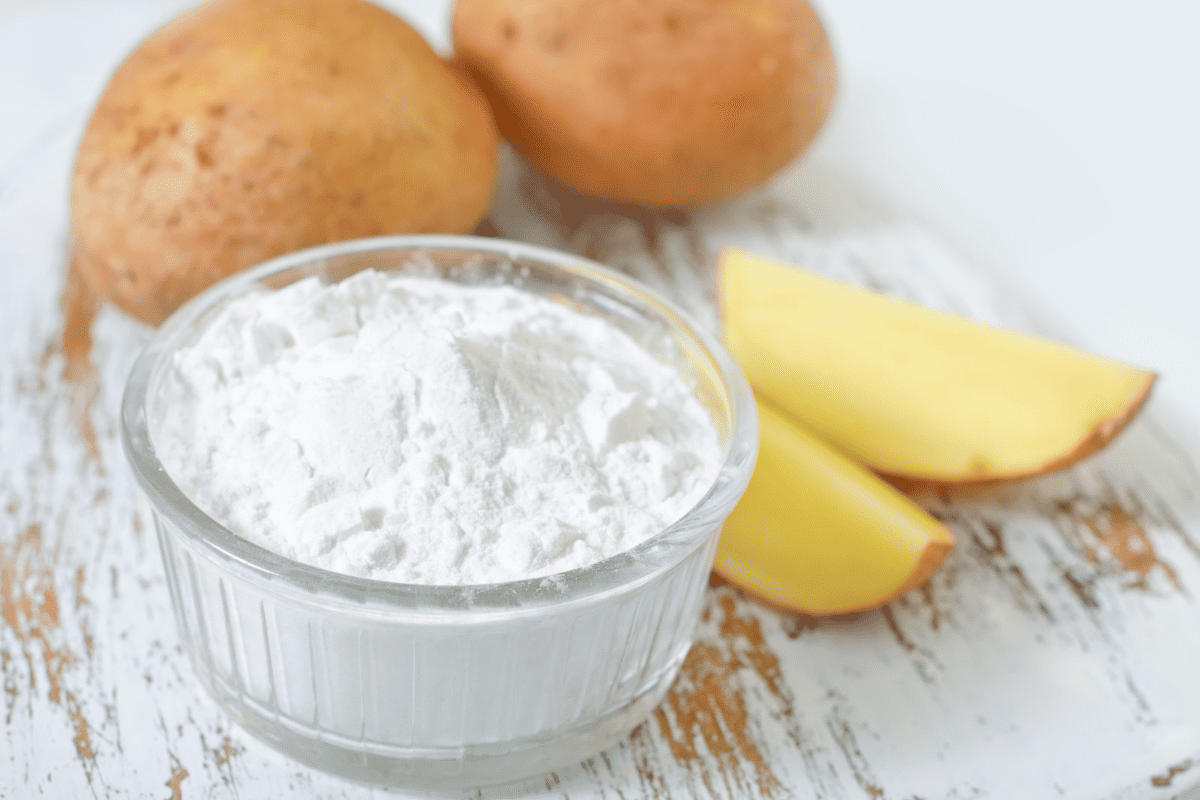
Potato Flour vs. Potato Starch
People may think Potato flour and potato starch are the same thing, as they're derived from the same ingredient: potatoes. But this isn't the case, as we'll soon discover:
How Do You Make Potato Flour?
Potato flour is made by grinding whole potatoes, including the skin, into a fine powder. This gluten-free flour can then be used in baking to add moisture and flavor to various recipes and a thickness to thickener soups, gravies, and sauces, enhancing the texture of these dishes.
How Do You Make Potato Starch?
The process of making potato starch is slightly different as it relies on extracting the starch from potatoes and drying it into a powder. This pure starch is also gluten-free and has no flavor or color.
Equally matching potato flour's thickening abilities, it can make for a great thickener for recipes that need a clear, glossy finish, such as fruit fillings, custards, and puddings.
Substituting either means keeping in mind their different properties, as potato flour can add flavor and moisture to your recipe, while potato starch will add thickening power without much affecting the taste or texture.
But if you do find that you need to substitute potato starch for potato flour or vice versa, use a 1:1 ratio.
✨ Best Potato Flour Substitutes
Cornstarch
1 cup of potato flour = 1 cup of cornstarch
Starting off the list is the highly versatile starch. Cornstarch matches potato in that it's gluten-free, perfect for those with gluten sensitivities or celiac disease. It's also much lighter and finer, resulting in a lighter, fluffier texture when used in baked goods.
It's even less expensive and more readily available, though it does have stronger thickening power, so you may need to use less of it in your recipe if it calls for a large amount.
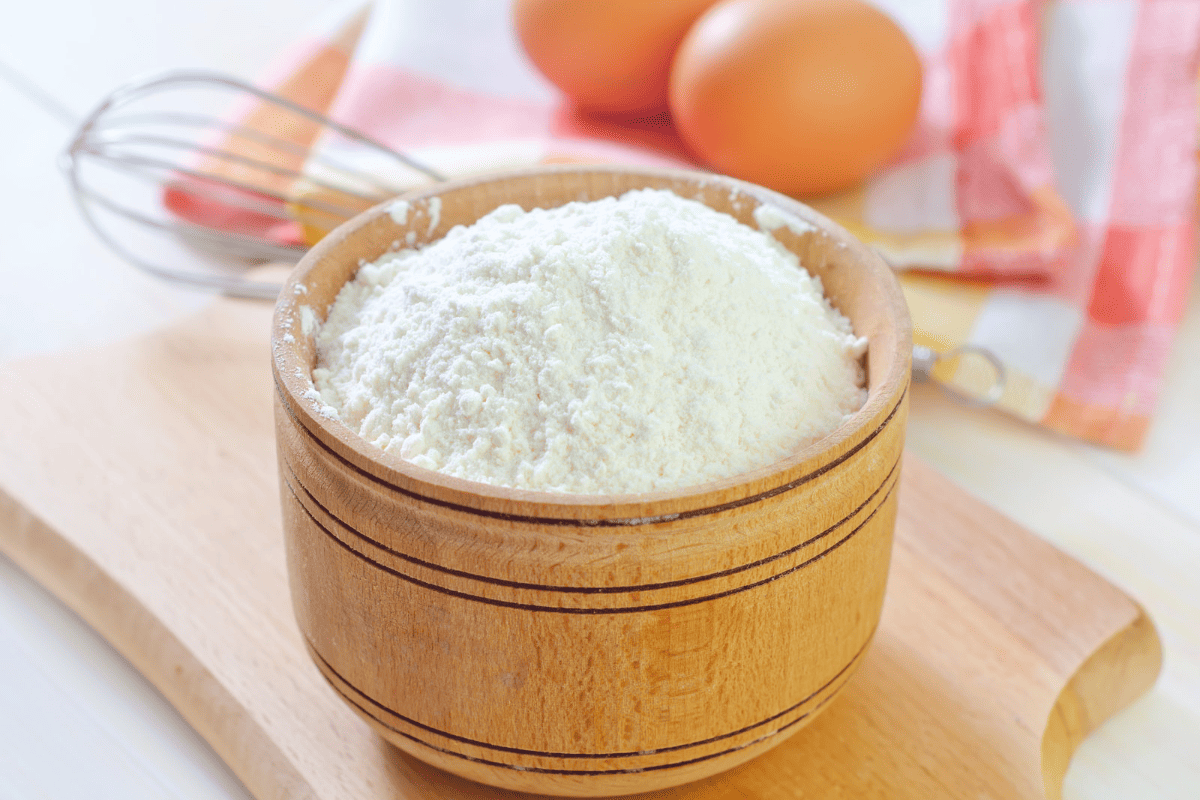
Mashed Potatoes
¼ cup of potato flour = ¾ cup of mashed potatoes and reduce your liquid amount by 40-60%
Mashed potatoes can be an interesting alternative to potato flour, as they are made from boiled potatoes and can serve as a starchy base. However, they do have a much higher moisture content, which can affect the texture of your final product.
For instance, you might use mashed potatoes instead of potato flour in baked goods and end up with a denser texture, which you may not mind in some recipes. They also may not work well as a thickener in recipes that require a more concentrated potato flavor.
This being said, they're still a more available and convenient option that's in many people's freezers. To use them, just adjust the other ingredients in your recipe to compensate for the added moisture and starch.
All-Purpose Flour
1 cup of potato flour = 1 cup of all-purpose flour
All-purpose flour is a popular and all-around versatile ingredient, if you tolerate it. Unlike potato flour, which has a distinct potato flavor, all-purpose flour is made from wheat and has a neutral taste, all the while providing the necessary starchy texture that potato flour offers.
It doesn't, however, have the same nutritional content as potato flour, which can impact the overall health benefits of the recipe. This is because all-purpose flour is not suitable for gluten-free recipes, as it contains gluten. However, they're still a common pantry staple that can be easily found at most grocery stores, and you could even use a gluten-free plain flour blend.
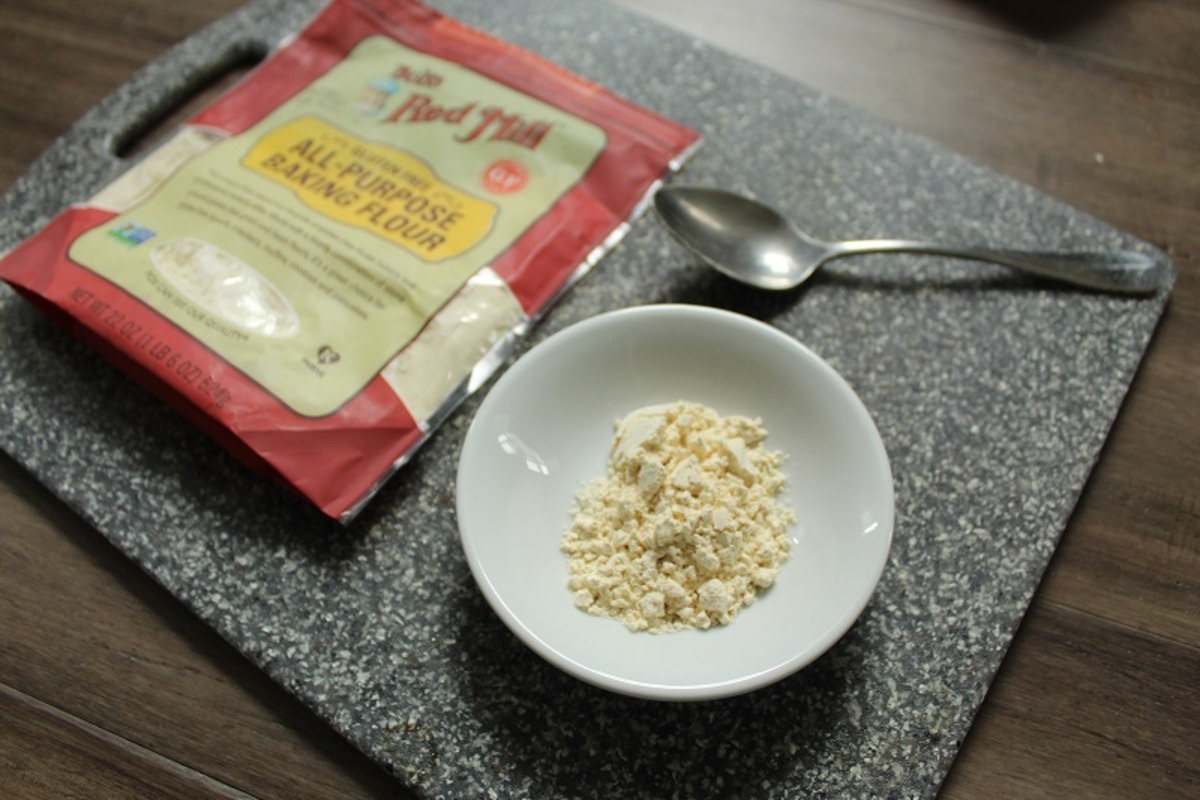
Arrowroot Powder
1 cup of potato flour = 1 cup of arrowroot powder
Arrowroot powder is another great substitute with a neutral taste that won't affect other ingredients. It's even easier to digest and known for its ability to soothe the digestive system.
It can be used in baked goods, sauces, and gravies, though it can break down if overcooked, so it's better to add it towards the end of cooking and avoid boiling or simmering for too long.
Tapioca Flour
1 cup of potato flour = 1 cup of tapioca flour
Tapioca flour is a fine, white powder made from the starchy roots of the cassava plant. It, like potato flour, is commonly used as a thickener in recipes, as it has a high level of starch and can create a smooth, glossy, and chewy texture.
But when it comes to nutritional value, tapioca flour is relatively low in calories and fat but high in carbohydrates and starch, so use it in moderation. However, it’s gluten-free, making it a suitable pick for those with gluten sensitivities.
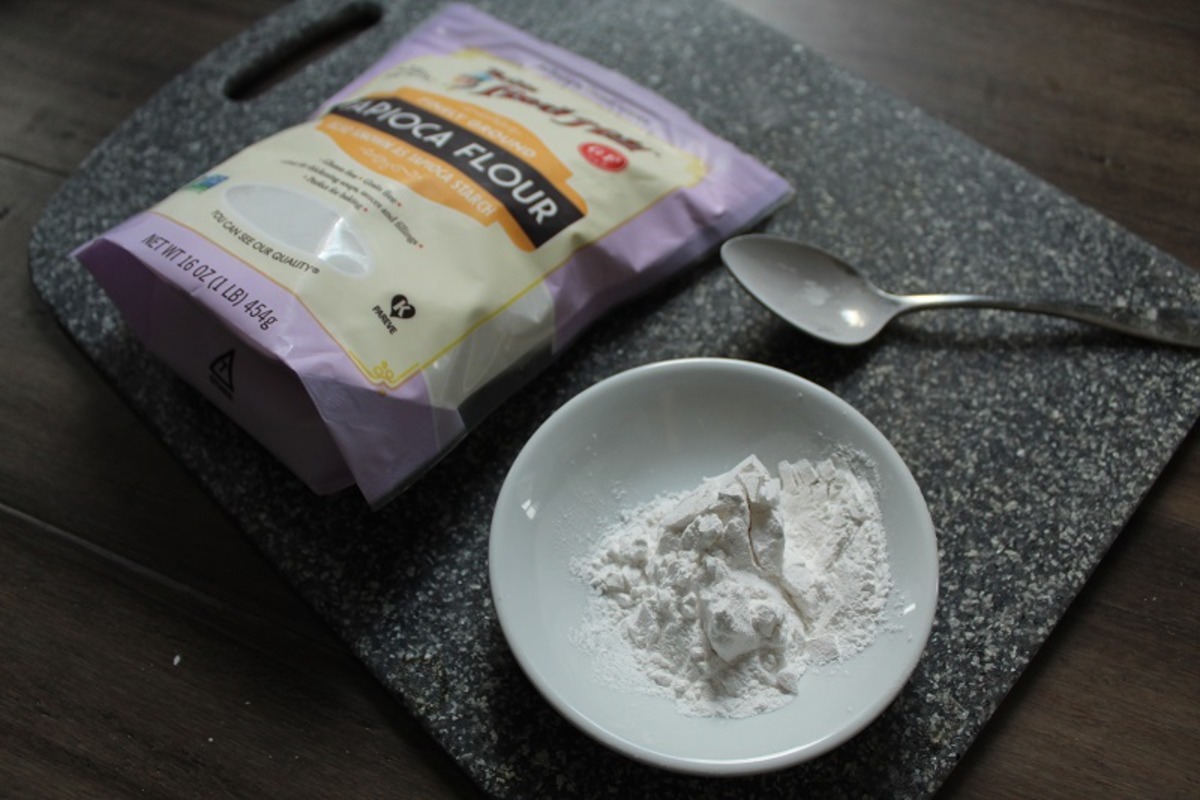
Quinoa Flour
1 cup of potato flour = 1 cup of quinoa flour
Quinoa flour is a great substitute with a quite nutty taste that can impart its flavor to baked goods and other recipes such as pancakes, muffins, and bread. It can also be used as a thickener in sauces, as a binding agent in veggie burgers, or as a coating for fried foods.
It's also a nutritious ingredient that's high in protein, fiber, iron, and magnesium and fairs better in terms of carbs from potato flour.
Rice Flour
1 cup of potato flour = 1 cup of rice flour
Rice flour is made from finely ground rice and has a neutral flavor that can balance the taste of many dishes. It’s also naturally gluten-free and vegan.
This flour has an uncanny ability to create a light and fluffy texture in baked goods, with it being commonly used in gluten-free baking to help create a similar texture to wheat flour. Rice flour is also a healthy source of fiber and contains some essential vitamins and minerals, including iron and vitamin B6.
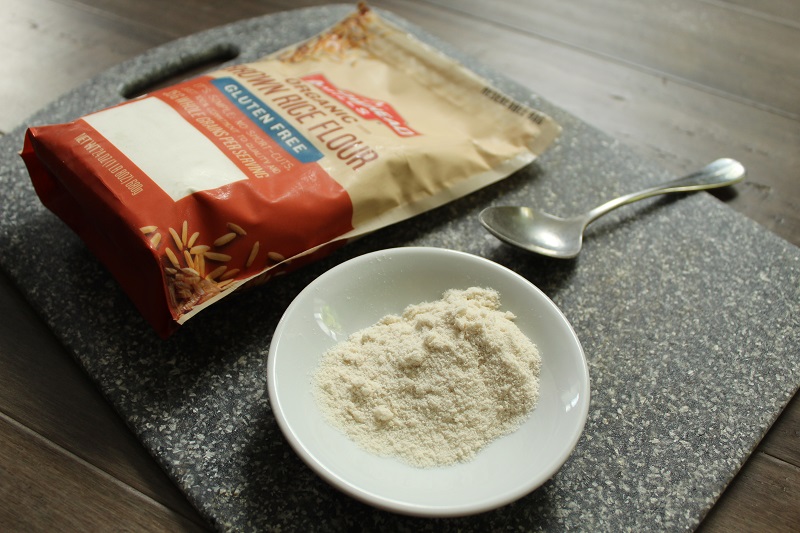
Coconut Flour
1 cup of potato flour = ⅓ cup of coconut flour + ⅔ cup of water
Coconut flour is not your typical substitute for potato flour, as it's made from finely ground coconut meat. It has a slightly sweet flavor that can enhance the taste of baked goods, sauces, and other dishes.
Coconut flour is also a great option for those following a gluten-free diet, as it's naturally gluten-free and low in carbs.
However, because of what it's made from, it has a different texture and thickening power, so you may need to adjust the amount you'll use. It's also highly absorbent and will require more liquid in recipes than potato flour, so factor all this in before using it.
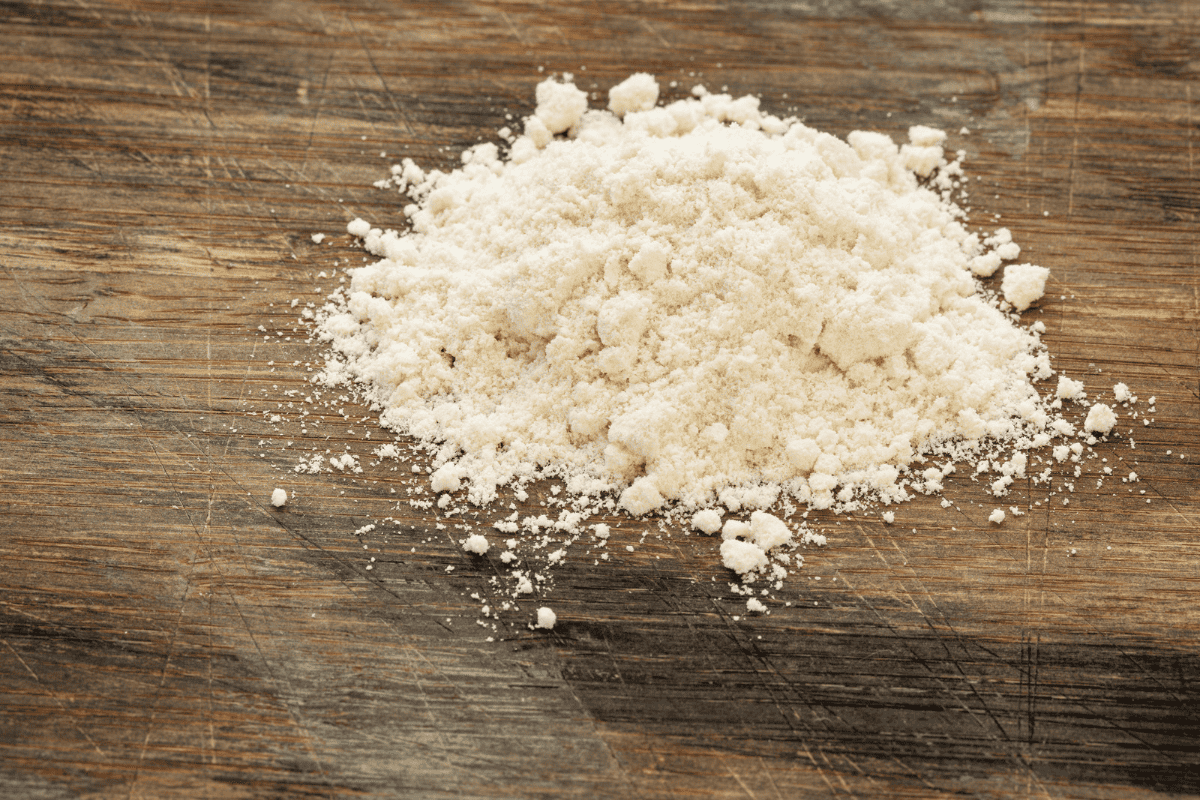
Potato Flakes
1 cup of potato flour = 1 cup of crushed potato flakes
Potato flakes are a convenient kitchen ingredient made from dehydrated potatoes. These flakes can even be quickly rehydrated to make mashed potatoes or used as a thickener in soups and gravies, similar to instant mashed potatoes.
Now they may be low in calories and fat, but they're also high in carbohydrates and a good source of fiber, vitamin C, and potassium. They do, however, have a distinct potato flavor and can affect the texture of the final product, so keep that in mind.
Oat Flour
1 cup of potato flour = 1 cup of oat flour
Oat flour is a highly nutritious ingredient made from finely ground oats and has a slightly sweet and nutty flavor that can enhance the taste of many dishes (as long as you use gluten-free certified oats). It's even naturally gluten-free, making it a great option for those with gluten sensitivities.
This flour has a high fiber content and is a great source of both soluble and insoluble fiber, which can help support digestive health and lower cholesterol levels. Oat flour is also a good source of protein, healthy fats, and essential vitamins and minerals, including iron and zinc.
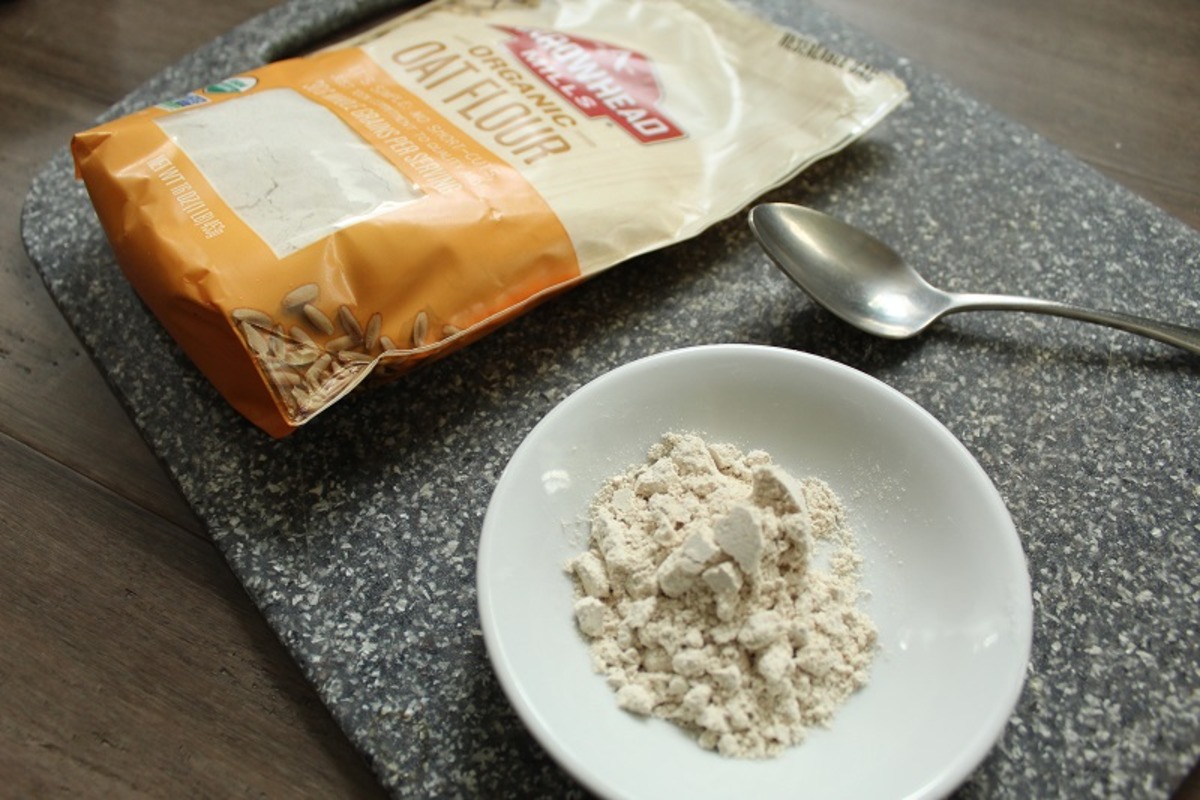
Almond Flour
1 cup of potato flour = ½ cup of almond flour
Almond flour is a flavorful nutty substitute made from finely ground almonds with a slightly sweet and nutty flavor that can enhance the taste of baked goods, sauces, and other dishes. Almond flour is also a great option for those following a gluten-free or low-carb diet, as it's naturally gluten-free and low in carbohydrates.
It's also rich in antioxidants, which can help protect against cellular damage and support overall health.

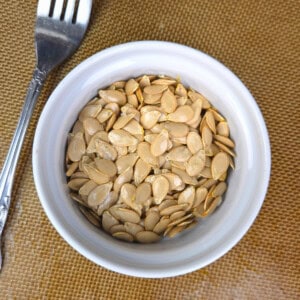
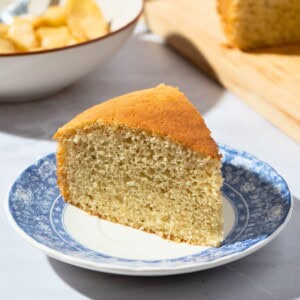

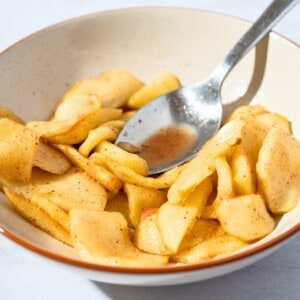
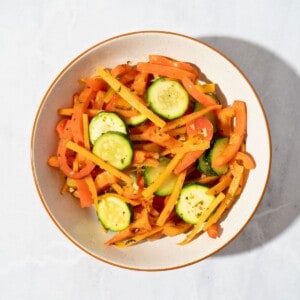


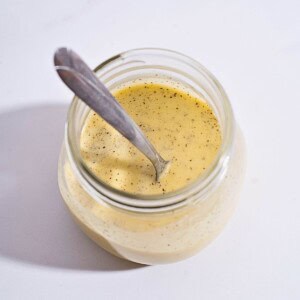
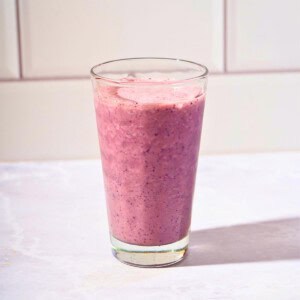

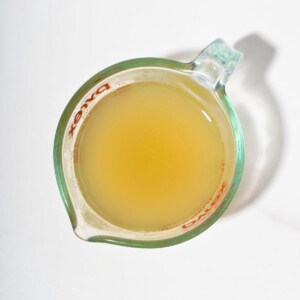

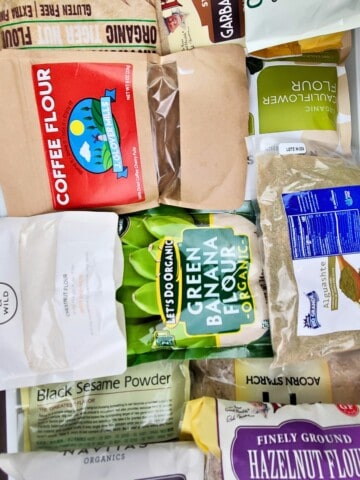
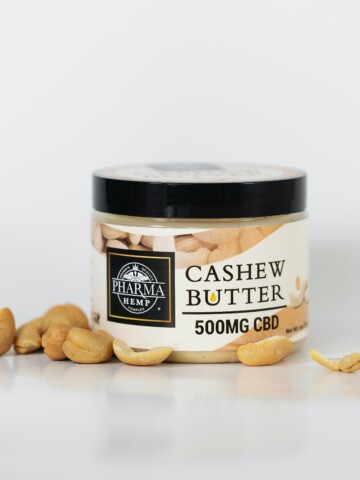
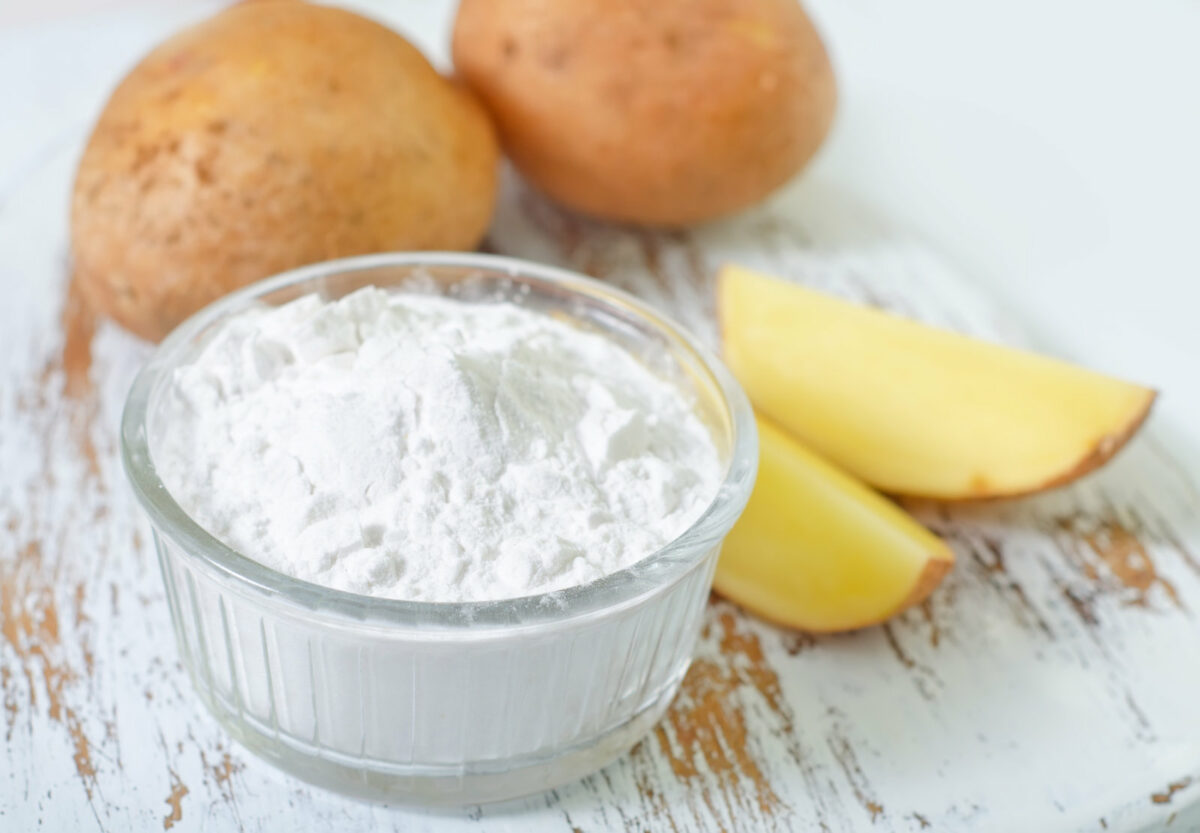
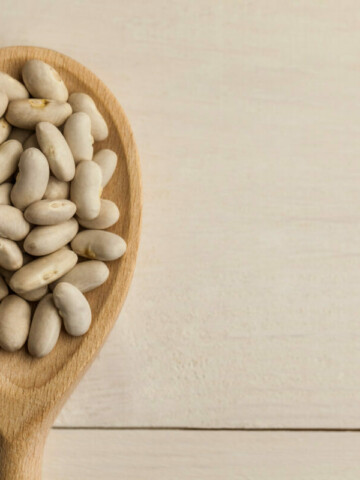
Comments
No Comments